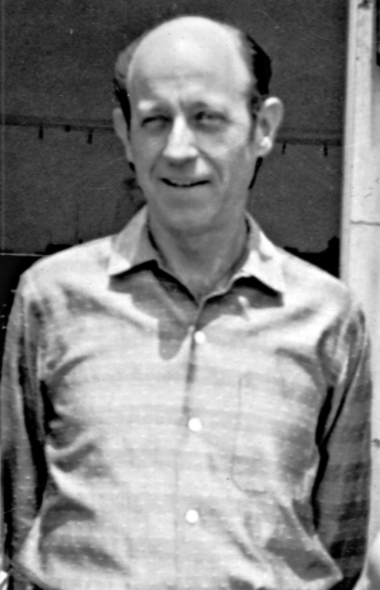Once the dust settles following a clash between cultures, countries, or ideologies the winner usually writes the history books that glorify their cause. The oral histories of activists provide an alternative to a narrative constructed from a position of social and economic power. Documenting oral histories of activists empowers and sustains the voices of the participants of both ongoing and forgotten movements.
Activists have and continue to be at the forefront of many battles for positive social change, but most do not become household names or icons like Dr. Martin Luther King Jr., Cesar Chavez, or Gloria Steinem. Most activists are regular people who undertake risks in carrying out the mundane day-to-day operations of a social movement. Activist contributions to social movements impact individuals and institutions alike. In these recorded testimonies they share their valuable contributions to social change while influencing the next generation of social justice warriors.
Wendell Miller
View Item
Interviewed by Robert Marshall as part of the Urban Archives General Oral History project in 1996, Miller was pastor of the University Methodist Church, Los Angeles from the 1930s to the 1950s. He was a conscientious objector during the interwar period between 1918-1939, and was labeled a radical for his public anti-war stance in Los Angeles. In this clip he describes some of his anti-war activism during the 1930s, and the backlash it garnered.
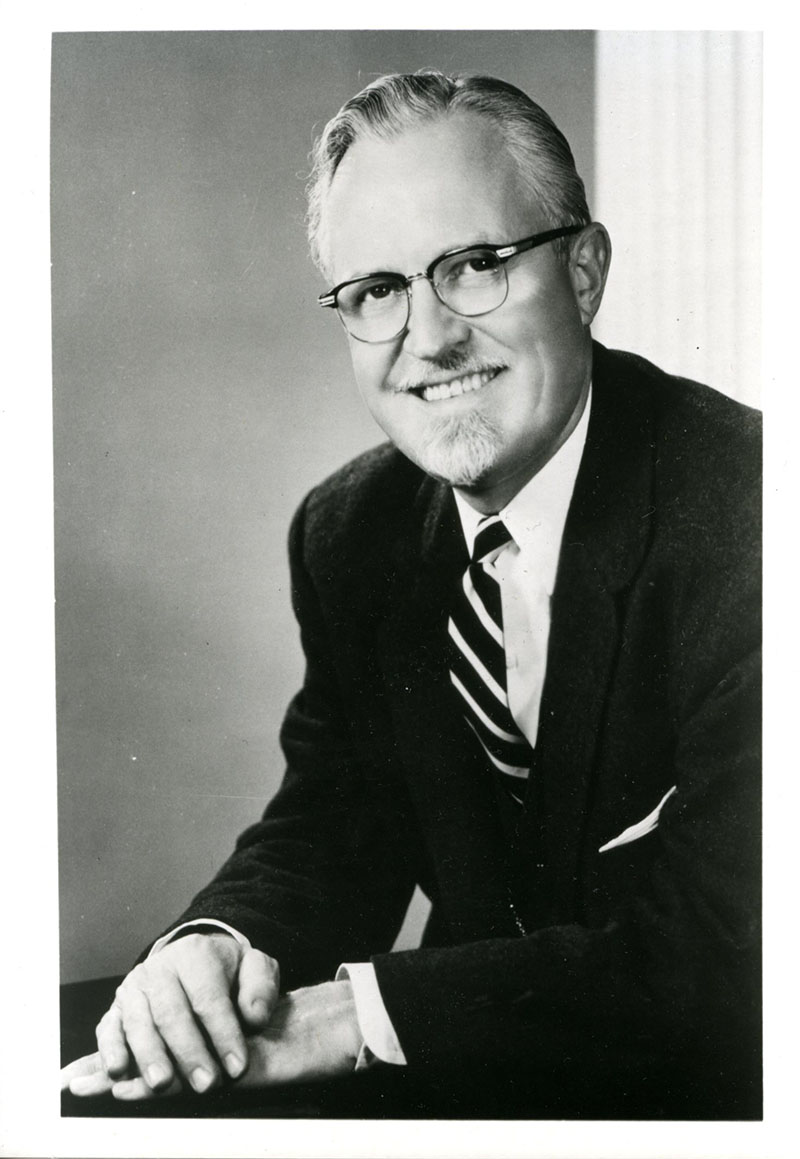
Upton Sinclair
View Item
Upton Sinclair was interviewed by Joe Toyoshima, a professor of History at Pierce College, in 1966. Sinclair was an American writer and political activist, best remembered today for authoring the muckraking novel The Jungle. Sinclair moved to Los Angeles in the 1920s, and was the Democratic nominee for Governor of California in 1934. In this clip he describes why and how he co-founded the American Civil Liberties Union in Southern California in 1921.
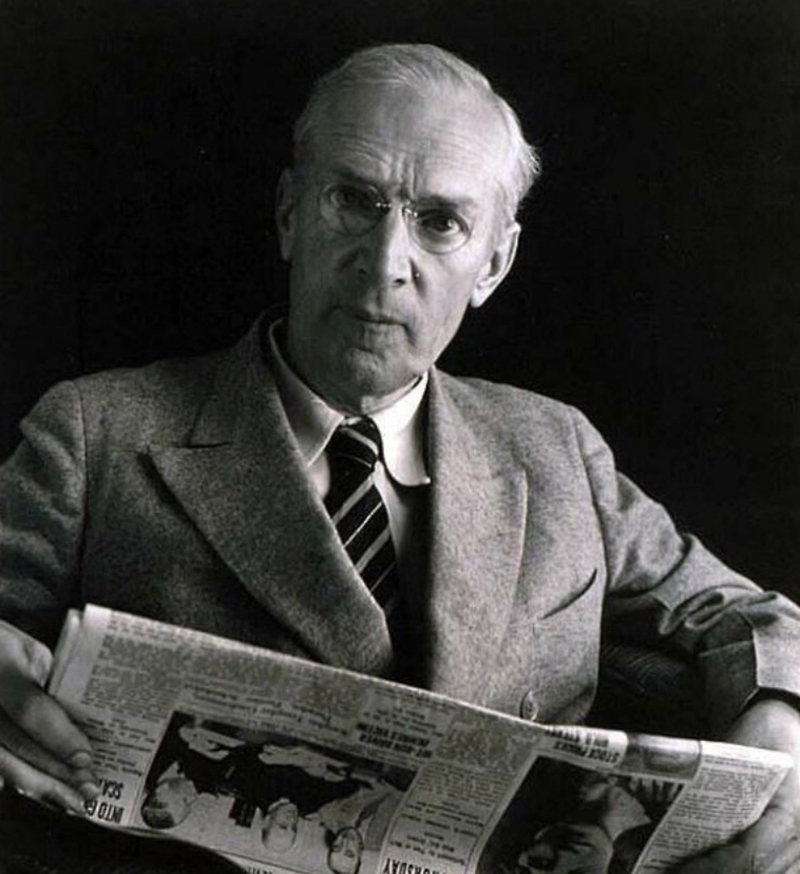
Deacon Alexander
View Item
Interviewed by Dr. Karin Stanford and Keith Rice for the Tom & Ethel Bradley Center's Black Power Oral History project in 2019, Alexander grew up in a very politically and socially active communist family. In this clip he discusses his introduction to the Southern California chapter of the Black Panther Party, and the financial support he received for the Communist Party.
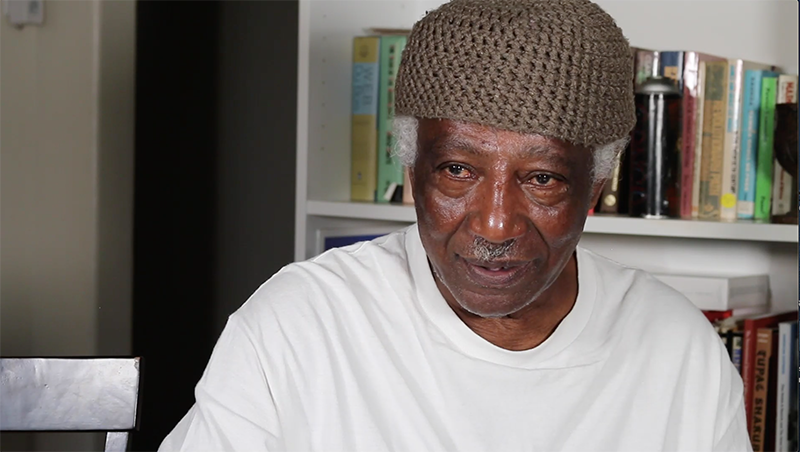
Bobbi Fiedler
View Item
Interviewed by Robert Marshall for the Urban Archives General Oral History project in 1988, Fiedler started her political career in 1977 when she won a seat on the Los Angeles School Board in an anti-bussing campaign. In this clip she describes how bringing so many people together in a movement to oppose a government that tried to dictate where their children would attend school was one of her proudest achievements.
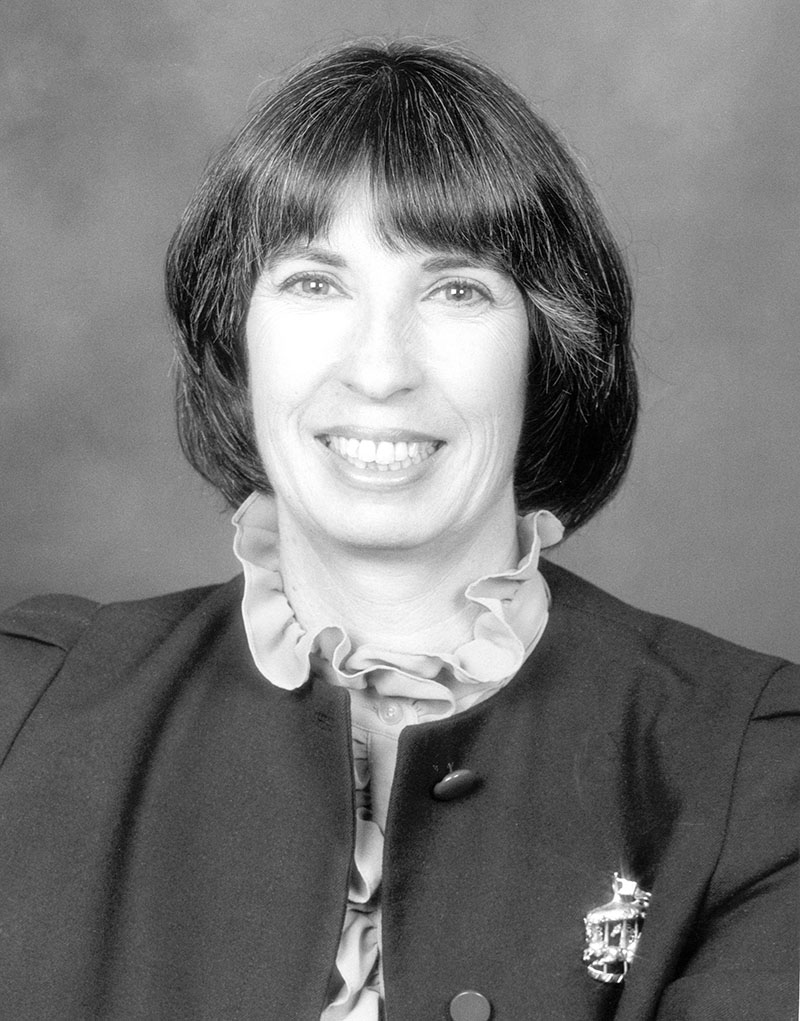
Martha Ramirez
View Item
Martha Ramirez was interviewed for the Teatro Cometa Oral History project in 2007. Ramirez traveled to Mexico City in 1971 to study muralism with David Alfaro Siqueiros, one of the most talented and famous “Mexican Muralists.” In this clip she discusses her life in Mexico and the intersectionality between the art world and student movements during the late 1960s and early 1970s.
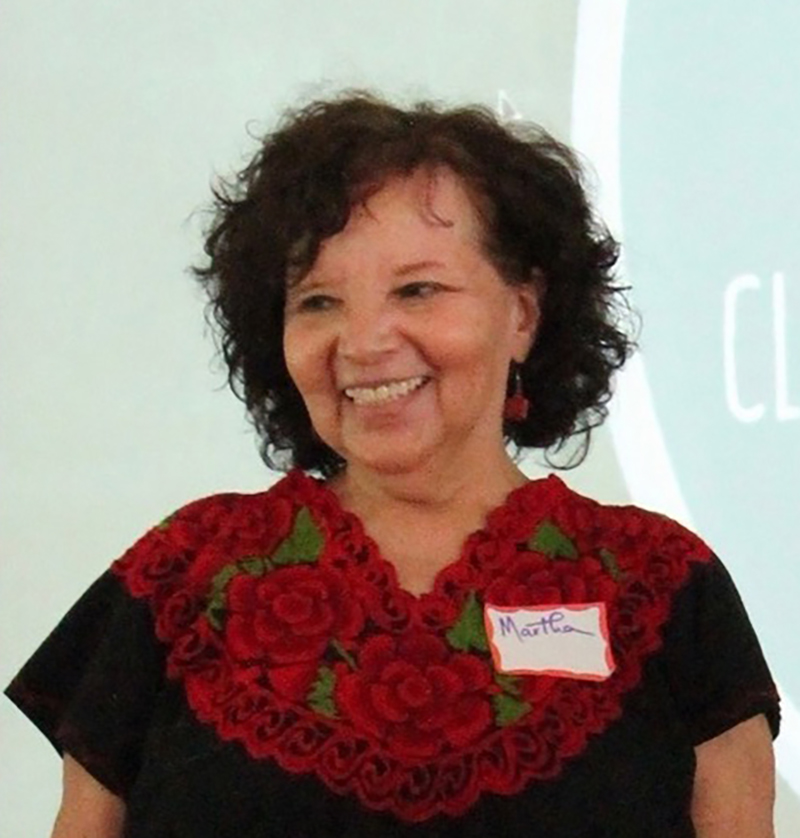
W. Dorr Legg
View Item
W. Dorr Legg was interviewed by Vern L. Bullough in 1993. He trained as a landscape architect at the University of Michigan. Legg moved to Los Angeles in 1949 with his partner Merton Bird and became one of the founders of the gay rights movement. In this clip he talks about his membership in the Mattachine Society and his co-founders of the Knights of the Clock and ONE, Inc.
